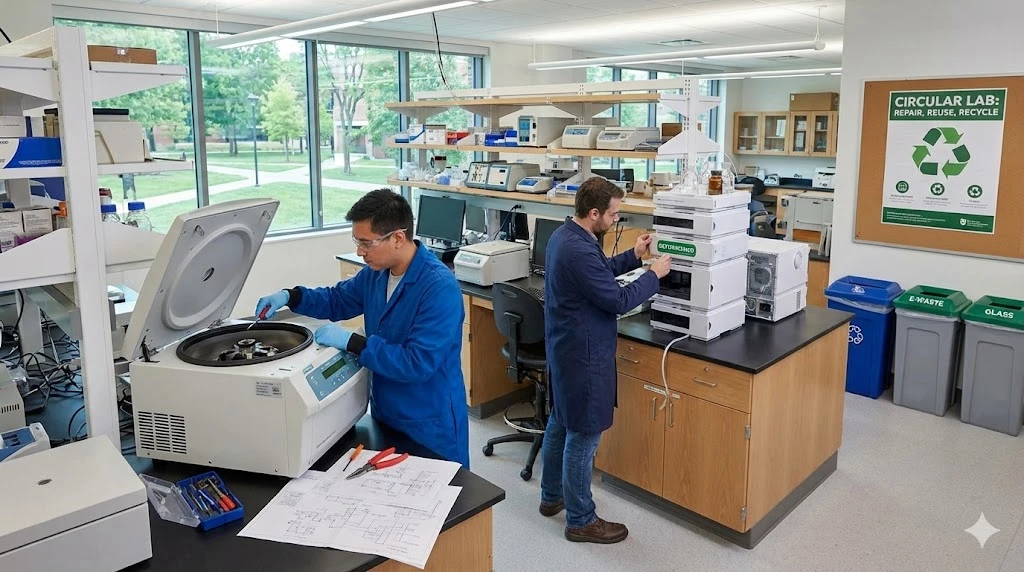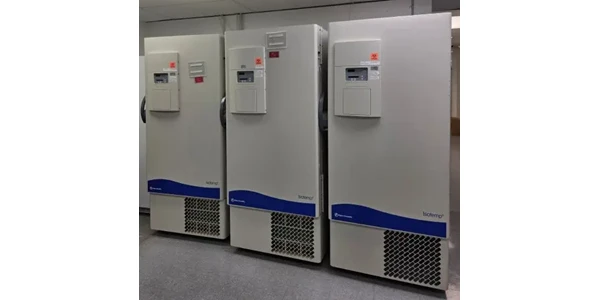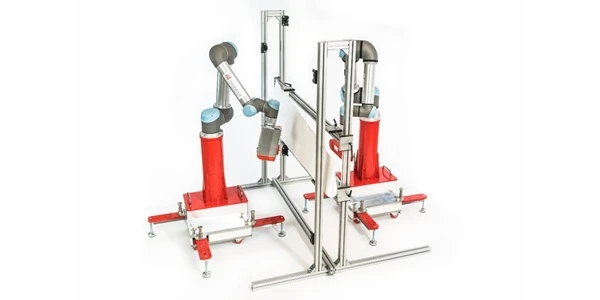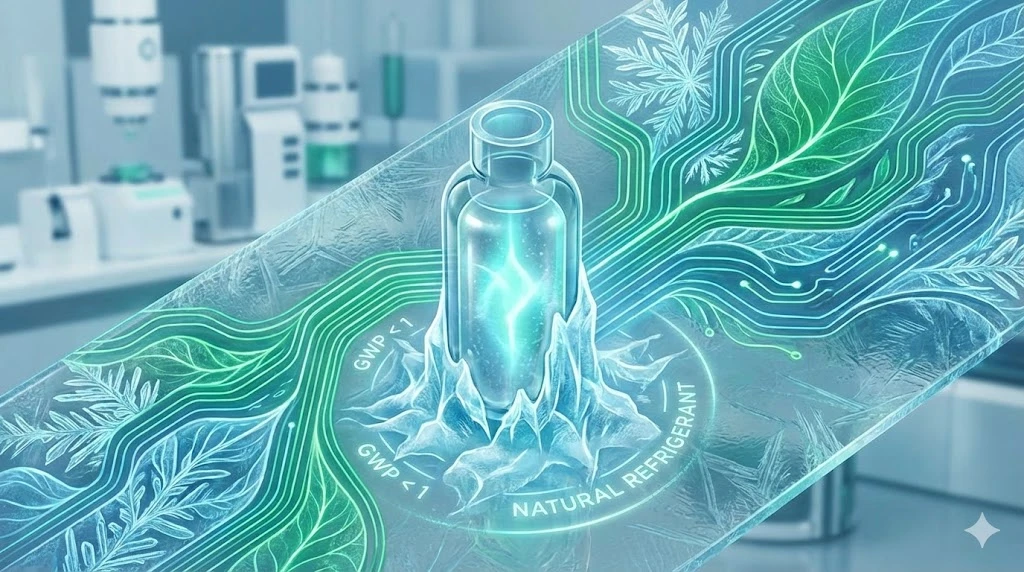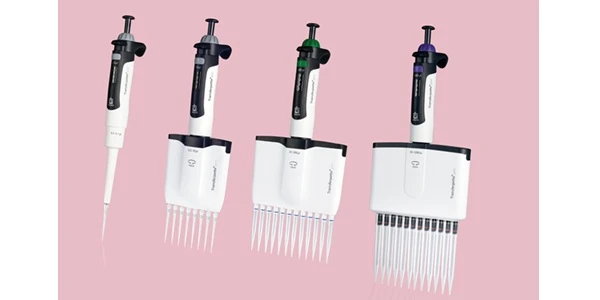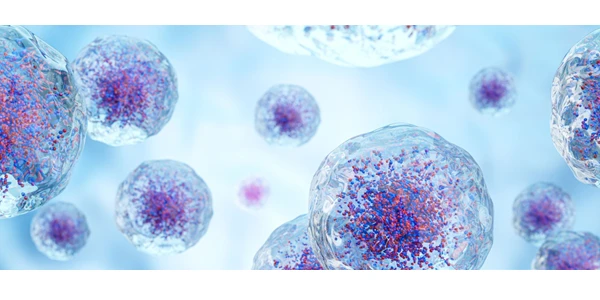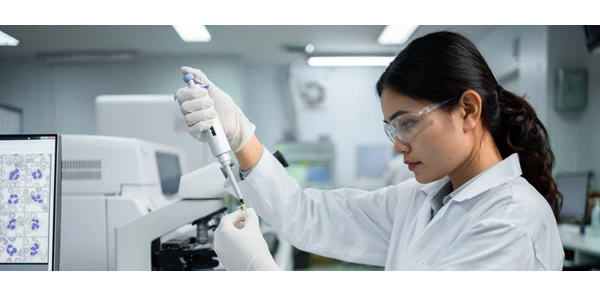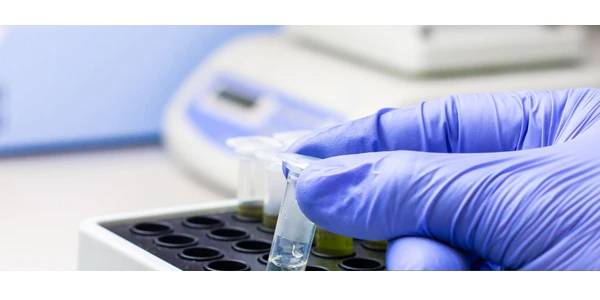Advanced Raman Spectroscopy and the Need for Rapid and Reliable Data in Pharma Testing
Ensuring product quality, safety, and consistency is the foundation of pharmaceutical manufacturing. In an environment defined by stringent regulatory expectations, complex supply chains, and increasingly accelerated production timelines, quality control (QC) has shifted from a traditional, retrospective checkpoint to a proactive, continuous function. As the pharma industry continues to shift toward agile manufacturing, continuous processing, and real-time release testing, advanced Raman spectroscopy technologies are set to lead the way.
The Growing Pressure on Pharmaceutical Quality Systems
Pharmaceutical materials—from raw ingredients and intermediates to finished dosage forms and packaging—must meet exacting specifications for identity, purity, strength, and performance. Modern production models, such as continuous manufacturing and expanded ingredient sourcing, introduce variability that cannot be managed through conventional testing approaches.
Key challenges include:
- High-throughput production workflows requiring shorter release timelines
- Complex formulations, including amorphous dispersions and controlled-release matrices
- Increased regulatory emphasis on data integrity, traceability, and audit-ready results
- Requirements to detect deviations early, before they propagate across batches or supply chains
Why Rapid, Real-Time Data Is Essential
Traditional offline analytical workflows—where samples are pulled, prepared, queued, and analyzed—are too slow for today’s accelerated manufacturing environments. In contrast, real-time or near real-time analytical analysis supports:
- Raw materials analysis
- Active pharmaceutical ingredient (API) characterization
- Continuous verification of critical quality attributes (CQAs)
- Faster deviation detection and corrective action
- Reduced dependency on destructive and labor-intensive Real-Time Release Testing (RTRT), where quality is assured during production
Adopting rapid analytical tools ultimately strengthens compliance, minimizes risk, and enables a more efficient manufacturing ecosystem.
Reliability is also Mandatory
Speed alone is not enough. Pharmaceutical QC also requires analytical methods that deliver:
- High sensitivity and specificity
- Reproducible data across operators, instruments, and sites
- Traceable, validated workflows aligned with GMP, USP, and ICH requirements
- Robust performance in real-world manufacturing environments
This combination of speed and reliability forms the framework of a modern QC strategy, ensuring timely decisions without sacrificing scientific rigor.
Emerging Analytical Platforms Enabling Faster, More Efficient QC
Pharmaceutical manufacturers are increasingly turning to advanced, rapid spectroscopic and imaging techniques to meet these evolving needs. Among these, Raman spectroscopy and its ability to detect polymorphs, assess crystallinity, verify raw materials, and monitor critical process steps make it a key advantage for rapid QC processes.
Key benefits of Raman supporting efficient QC include:
- Non-destructive analysis with little to no sample preparation
- Molecular “fingerprints” enabling detailed chemical and structural identification
- Compatibility with solids, liquids, slurries, and even gases
- Flexibility to analyze materials through glass, plastic, or blister packaging
- In situ and at-line measurements enabling real-time monitoring
- Mapping and chemical imaging to assess uniformity and detect defects in formulations
- Portable instruments that extend QC to warehouses and supplier sites
Pharmaceutical QC is evolving toward high-frequency, high-fidelity analytical data generated directly within the manufacturing workflow. Emerging platforms, such as Raman spectroscopy, are accelerating this shift by offering actionable insights in real time without sacrificing analytical quality.
Download the Before You Buy eBook to learn more about the essentials of this powerful technology platform and what to consider before investing in Raman in your pharma materials and QC testing lab.
